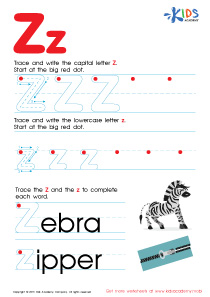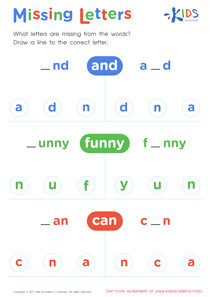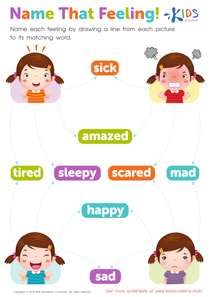Letter recognition Extra Challenge Letter Recognition Worksheets for Ages 5-8
7 filtered results
-
From - To
Discover our "Letter Recognition Extra Challenge Worksheets" designed specifically for children aged 5-8! These engaging worksheets provide an exciting way for young learners to enhance their letter recognition skills. Through a variety of fun activities, including tracing, identifying, and matching letters, children will develop confidence and proficiency in recognizing the alphabet. Perfect for schools or home practice, these worksheets cater to different learning paces, ensuring that every child can succeed. Printable and easy to use, our extra challenge worksheets make learning enjoyable, encouraging kids to explore the alphabet through coloring and playful exercises. Get started on your child's literacy journey today!


Letter R Tracing Page


Letter X Tracing Page
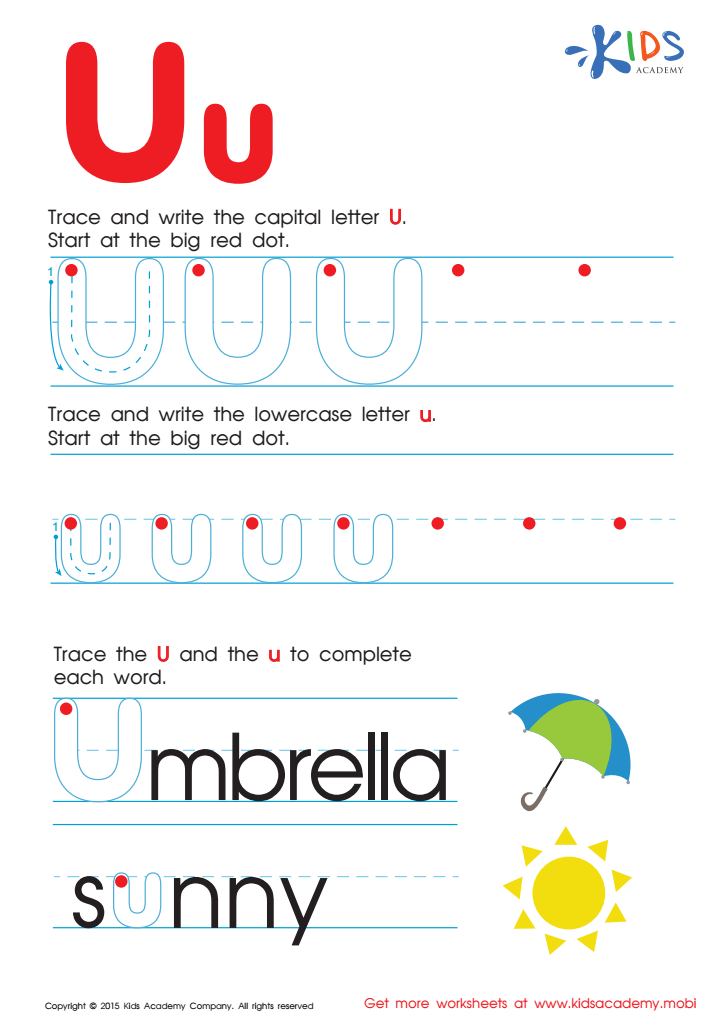

Letter U Tracing Page
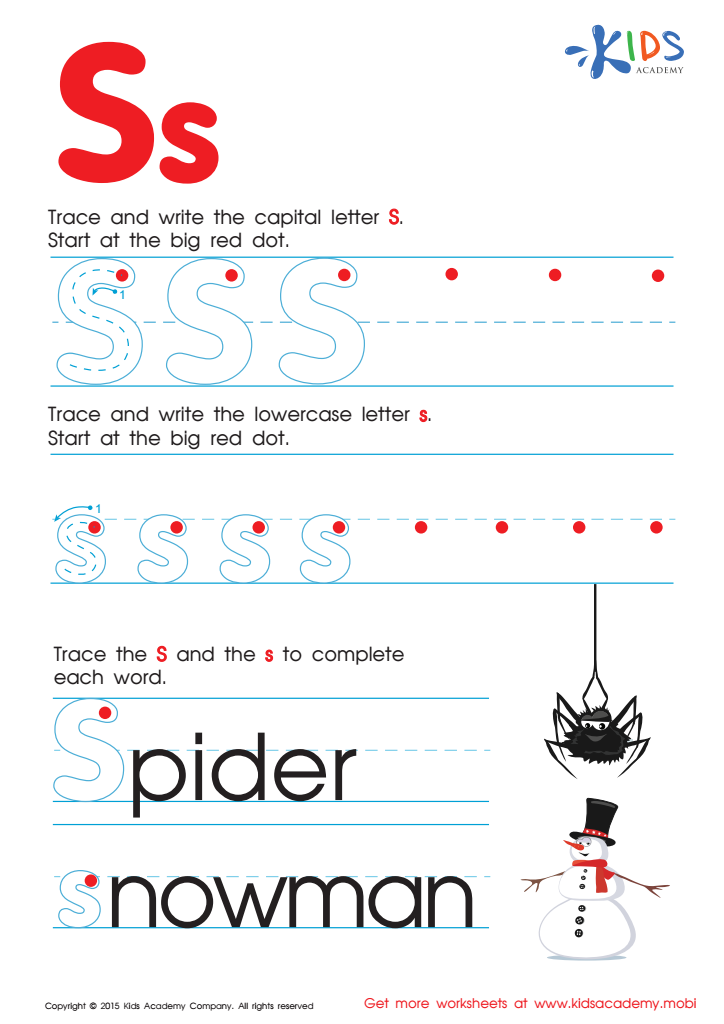

Letter S Tracing Page
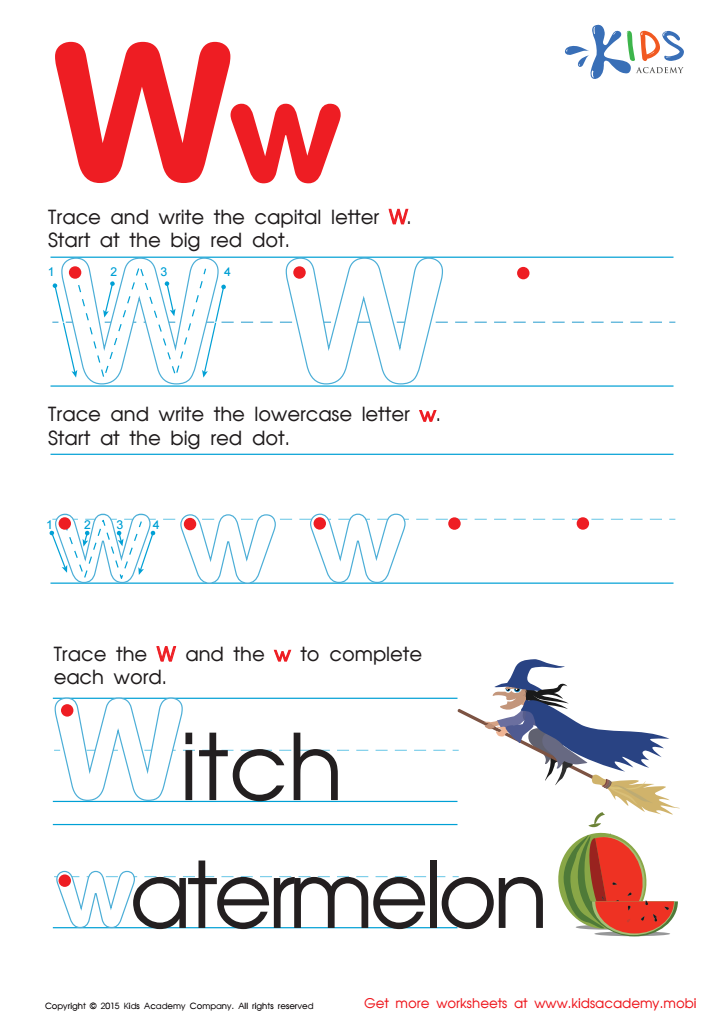

Letter W Tracing Page
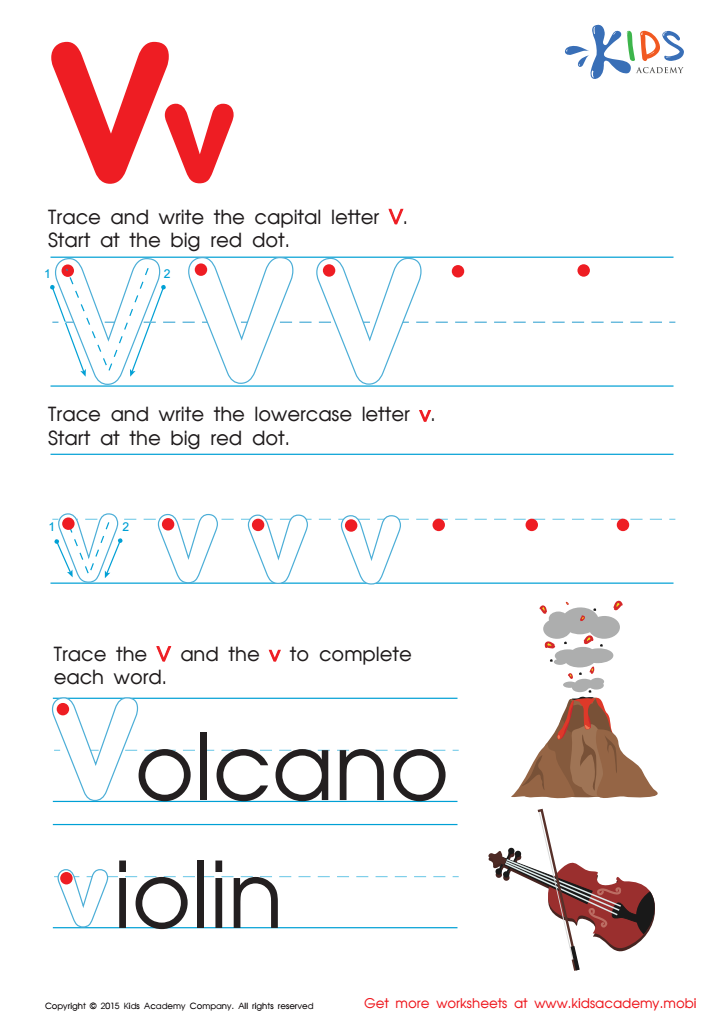

Letter V Tracing Page
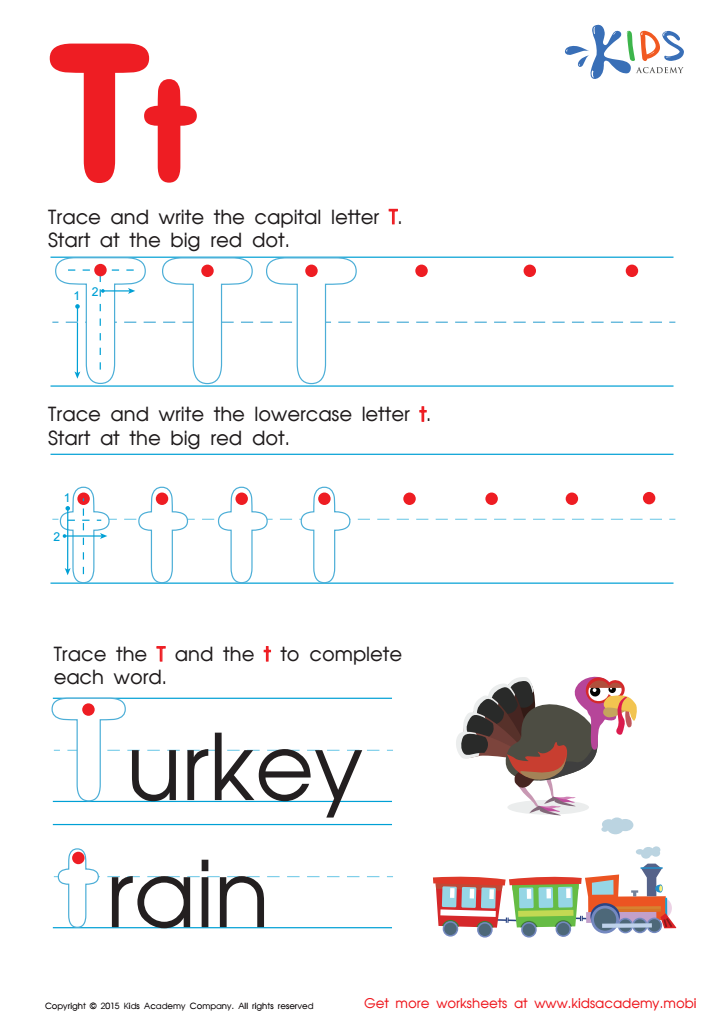

Letter T Tracing Page
Letter recognition is a fundamental skill for young learners, especially for those aged 5 to 8, as it lays the foundation for reading and writing. When children can identify and differentiate letters, they enhance their phonemic awareness, which is vital for sounding out words. This skill not only accelerates a child’s ability to read but also builds their confidence in literacy.
By prioritizing letter recognition, parents and teachers foster an environment where children feel empowered to engage with text and explore language. Introducing extra challenges, such as games or activities focused on letter recognition, can make learning interactive and enjoyable, igniting a passion for reading early on. These challenges help reinforce learning in a dynamic way, fostering better retention of information.
Additionally, letter recognition supports overall cognitive development. As children recognize letters, they begin to understand the concept of symbols representing sounds, which is crucial for all aspects of literacy. Encouraging letter recognition skills equips children to navigate their literacy journey, paving the way for successful reading experiences in the future. Essentially, the proactive development of letter recognition helps children thrive academically and fosters lifelong learning habits.
 Assign to My Students
Assign to My Students













